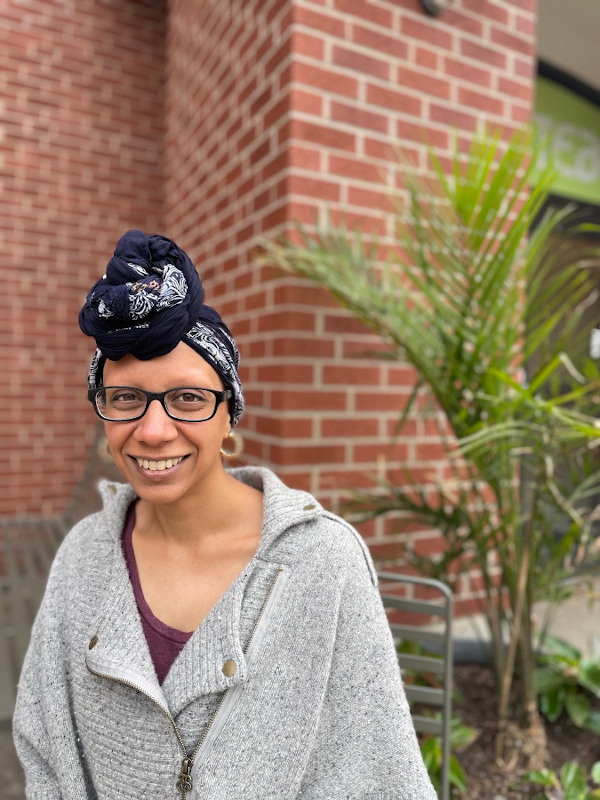Meet CBI fellow Pratiksha Thaker: Protecting privacy in future data pipelines
Pratiksha Thaker
Aug 9, 2023

With the support of the CBI fellowship, I am excited to continue my work with Virginia Smith and Steven Wu at CMU. My Ph.D. work was focused on building fast and efficient distributed data processing systems at scale. Moving forward, I am shifting my focus to the applications that run on these systems; how can we make them performant and efficient while also meeting other user expectations, such as privacy, robustness, and usability? With their respective focus on federated learning and algorithms for private data analysis, Smith and Wu are ideal mentors for my postdoctoral work.
Federated learning is a framework for data sharing that allows users to keep their data local, rather than sending the data to a centralized organization, while still sharing statistics about the data that can enable collaborative learning. Federated learning is a natural starting point for building learning systems that ensure privacy, because users retain control over their raw data.
Differential privacy is a paradigm for statistical data analysis that requires that a single data point cannot influence the outcome of a statistical analysis by more than a small amount. Over the last 15 years, researchers have successfully developed a large number of statistical data analysis methods that also guarantee differential privacy. More recently, differential privacy has begun to see adoption in real use cases, such as the U.S. Census. Nevertheless, widespread adoption remains limited, and moving from theory to practice is an ongoing challenge.
In my work at CMU, I hope to use my skills in building distributed systems to help move differential privacy from theory to practice, particularly within the framework of federated learning, an inherently distributed setting. While systems building is one part of this endeavor, another challenge is developing algorithms that can run efficiently in a distributed setting, provide estimates that are accurate enough to be useful, and are intuitive and transparent to users. Meeting all of these goals simultaneously will require innovation in both theory and implementation.
The CBI fellowship will allow me, along with my faculty mentors and graduate student collaborators, to pursue a longer-term research agenda that encompasses both theoretical and practical concerns. Beyond my immediate collaborators, I'm also excited to be a part of the broader CMU community, where I have the chance to work alongside many other experts in machine learning, computer systems and networking, and privacy and security. In addition, I look forward to working with industry experts at Bosch to keep our research informed by real deployment concerns.
